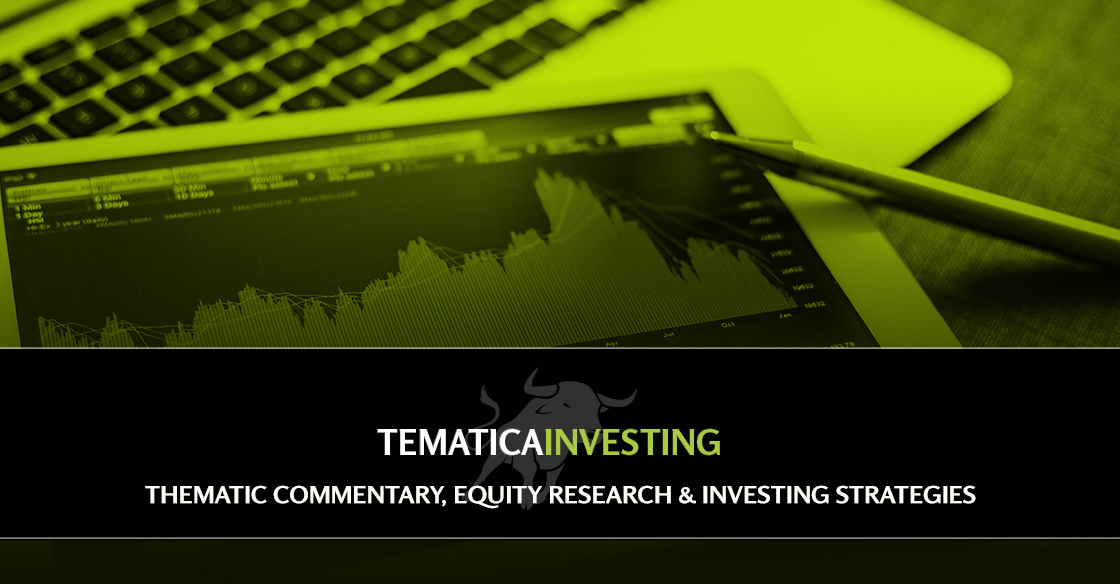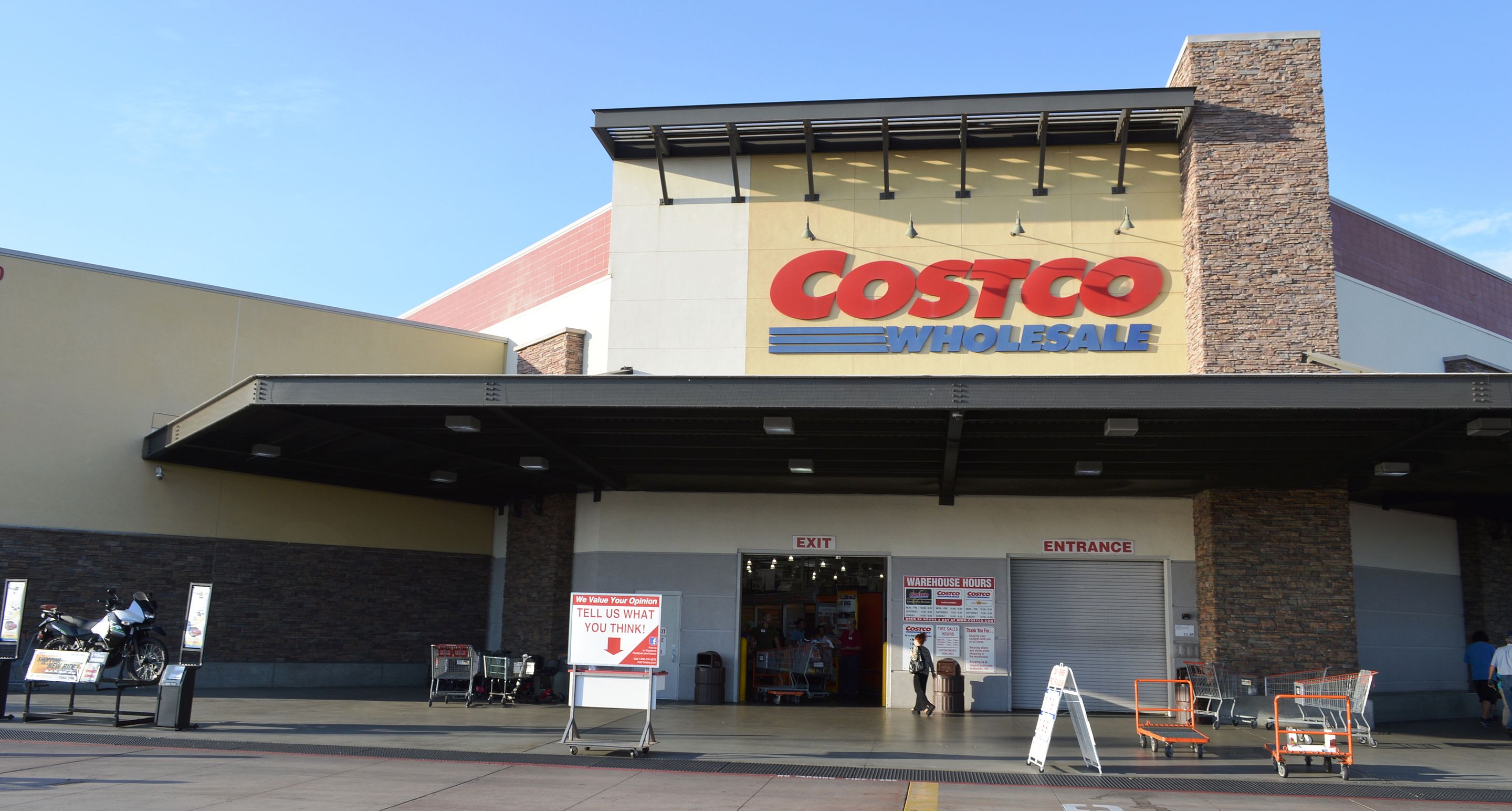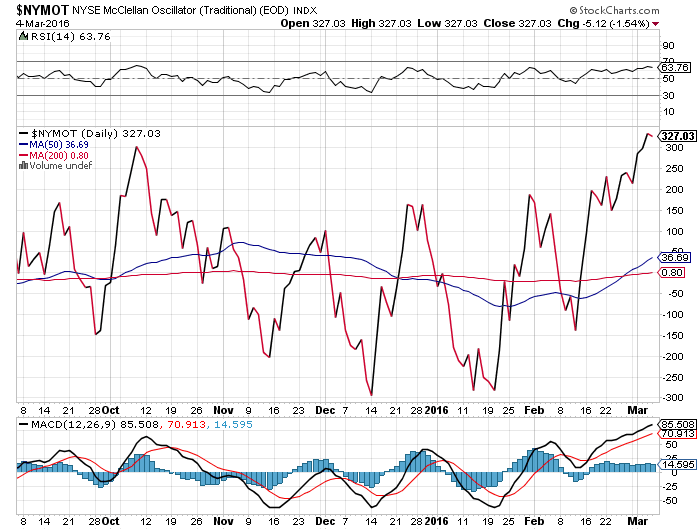What Now After Being Stopped Out of Costco Shares?
On Friday afternoon we were stopped out of Costco Wholesale (COST) shares on the Tematica Select List when they briefly dipped below our $170 stop loss. Even though it was for the briefest of moments, the $169.90 low for the day means that protective measure was triggered following quarterly earnings that missed expectations Thursday night. Recall we sold half the position for a gain of more than 14 percent before dividends, and when paired with the stopping out of the remainder of the position, the blended return before dividends on the Tematica Select was 14 percent vs. a 9.8 percent move in the S&P 500 over the same time frame.
The Catalyst Behind the Dip in the Share Price
While Costco’s revenue for the quarter was a whisper below expectation, earnings for the quarter were impacted by gross margin pressure primarily due to lower gas profitability vs. a year ago. You’ve probably noticed that gas prices have undergone a large double-digit increase since last year, and even Costco is not immune. In our view, this highlights the company’s thin retail margin structure, which can create earnings volatility from time to time.
While many focused on the earnings miss, we have been far more focused on Costco’s announced membership price increase that will bring its primary membership to $60 from $55 and its Executive Memberships in the US and Canada to $120 from $110. We see those $5 and $10 increases as not egregious, especially when compared to the $100 increase in the annual fee for American Express’s (AXP) Platinum Card that kicks in later this year, and suspect the vast majority of Costco members won’t blink at the price hike.
From an investor perspective, we like the announced price hikes because it translates into higher membership fees, which account for roughly 75 percent of overall operating income and help stabilize quarterly retail margin swings. Paired with more warehouse locations as Costco continues to grow its footprint and as Cash-strapped Consumer turn increasingly to Costco for fresh foods as well as bulk items, we continue to see solid revenue and earnings growth ahead. Exiting its most recent quarter, Costco had 728 warehouses, up from 698 in the year-ago quarter, with plans to add another 29 locations during 2017.
Again, we were stopped out of the position on Friday, but given the business model dynamics and Costco continuing to benefit from the Cash-strapped Consumer tailwind, we’re inclined to revisit the shares in the coming weeks with an eye toward getting them back on the Tematica Select List at better prices.








